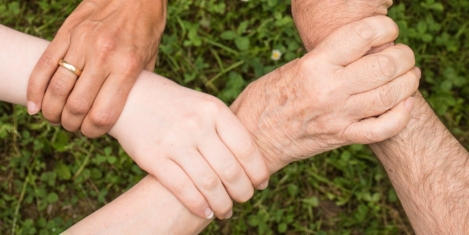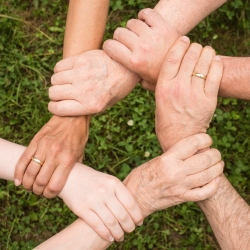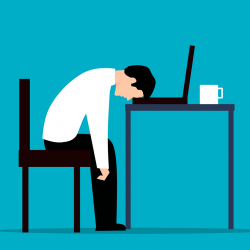April 1, 2021
‘Healthy buildings’ enjoy a surge in demand worldwide
 A new survey of many of the world’s leading real estate investors finds that 92 percent of respondents expect demand for healthy buildings to grow in the next three years. The report claims that this is a compelling signal of the direction the real estate sector is heading. This finding, among others, is captured in a report titled A New Investor Consensus: The Rising Demand for Healthy Buildings (registration) which claims to be a comprehensive health and wellness study of global real estate investment managers and stakeholders representing aggregate AUM of $5.75 trillion and portfolio investments in real estate totalling approximately US$1.03 trillion. More →
A new survey of many of the world’s leading real estate investors finds that 92 percent of respondents expect demand for healthy buildings to grow in the next three years. The report claims that this is a compelling signal of the direction the real estate sector is heading. This finding, among others, is captured in a report titled A New Investor Consensus: The Rising Demand for Healthy Buildings (registration) which claims to be a comprehensive health and wellness study of global real estate investment managers and stakeholders representing aggregate AUM of $5.75 trillion and portfolio investments in real estate totalling approximately US$1.03 trillion. More →








 The UK government has had to make many changes to its healthcare system in the last year to stop the spread of coronavirus, including asking people to stay home when possible, prioritising higher-risk patients and putting many routine appointments on pause throughout the pandemic.
The UK government has had to make many changes to its healthcare system in the last year to stop the spread of coronavirus, including asking people to stay home when possible, prioritising higher-risk patients and putting many routine appointments on pause throughout the pandemic. 
 Remote workers are still struggling with distracting working environments, stress and an ‘always-on’ culture after a year of working from home. Egress’
Remote workers are still struggling with distracting working environments, stress and an ‘always-on’ culture after a year of working from home. Egress’ 
 More than six in ten UK managers have experienced burnout at work because of the COVID-19 pandemic, with a fifth considering quitting their job as a result, according to new research from
More than six in ten UK managers have experienced burnout at work because of the COVID-19 pandemic, with a fifth considering quitting their job as a result, according to new research from 
 Corporate wellbeing could add £61bn to the English economy by 2025 through added productivity, if UK companies can create new wellbeing strategies and improve underperforming ones, according to a new study by
Corporate wellbeing could add £61bn to the English economy by 2025 through added productivity, if UK companies can create new wellbeing strategies and improve underperforming ones, according to a new study by 
 The
The 
 If I were to suggest that organisations were designing their processes, policies and relationships with unkindness at the core, you would probably reject it as an illogical proposition, it just doesn’t make business sense. It goes against the grain and against the values that are plastered on the walls of so many organisations. But as counterintuitive as it may seem, in my opinion, many organisations have done just that, designed unkindness into the things they do, albeit inadvertently. But if they can do that, they can also design kindness in too.
If I were to suggest that organisations were designing their processes, policies and relationships with unkindness at the core, you would probably reject it as an illogical proposition, it just doesn’t make business sense. It goes against the grain and against the values that are plastered on the walls of so many organisations. But as counterintuitive as it may seem, in my opinion, many organisations have done just that, designed unkindness into the things they do, albeit inadvertently. But if they can do that, they can also design kindness in too. 
 Around a half (51 percent) of employees believe job security and flexibility (40 percent) are more important than salary (32 percent) when considering whether to remain at their current employer, according to a new report by UK law firm,
Around a half (51 percent) of employees believe job security and flexibility (40 percent) are more important than salary (32 percent) when considering whether to remain at their current employer, according to a new report by UK law firm, 
 A
A 





















March 29, 2021
Mental health transparency at the top is the key to workplace wellbeing
by Elaine Carnegie • Comment, Wellbeing